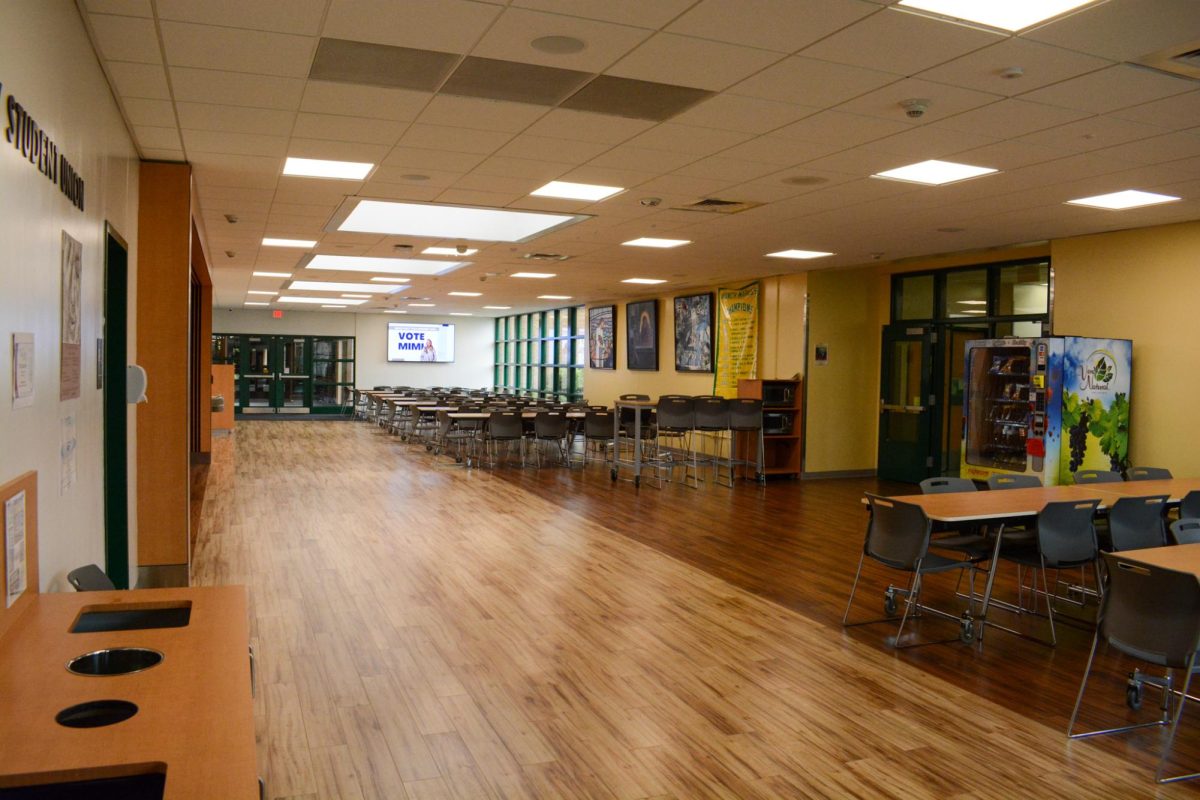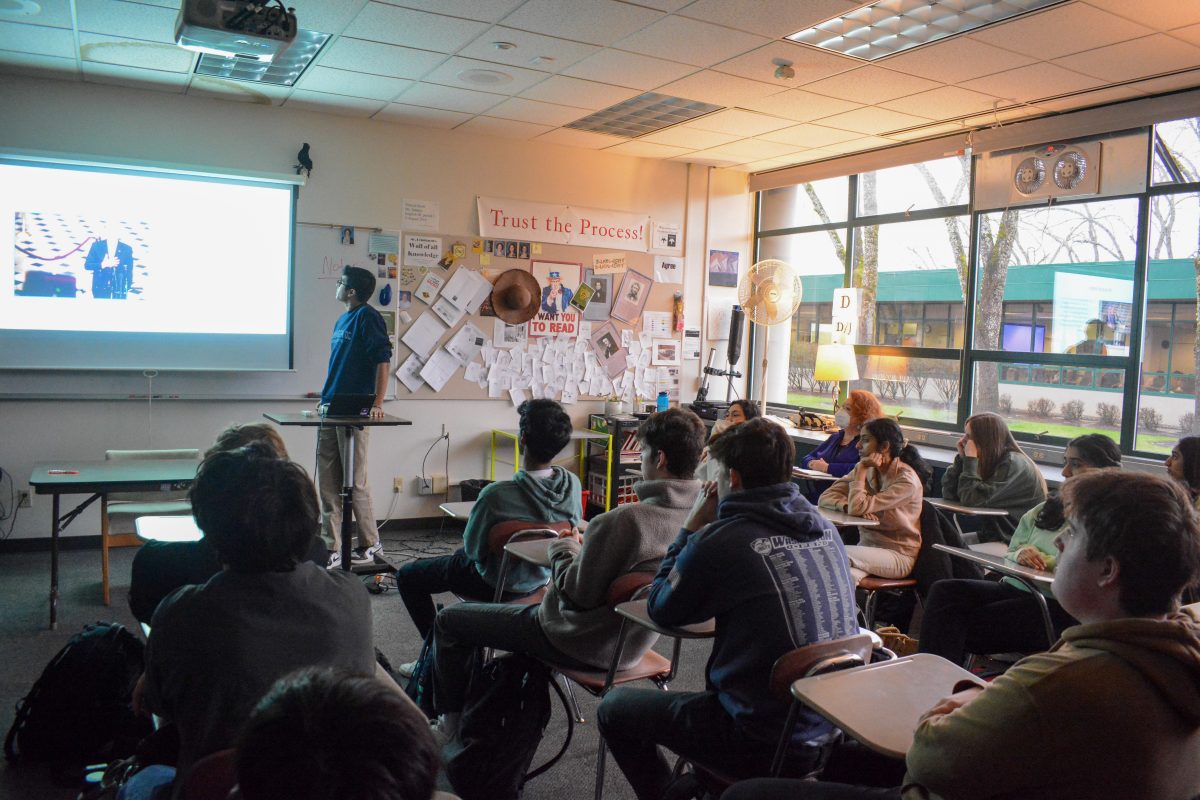Jesuit is a college preparatory school, meaning faculty are preparing students for their next endeavors in life: work load, responsibility, service projects, and how to dress appropriately.
But what about cell phones?
According to “General Policies” section 6.1 in the Jesuit Student Handbook states that “Cell phone use is not allowed on campus during the school day”.
Of course to a certain extent this policy does make sense: everyone needs to pay attention in class and devices can become a problem. But why doesn’t this rule just stop in class?
When Vice Principal, Steve Deklotz was asked about the reason for no cell phones his response was “ [we should] focus on the school day and the people around you,” he said.
While this is a fair reason for banning cell phones, it is very simple and doesn’t give a strong argument on why they could be a big problem.
Jesuit prides itself on creating men and women for others, through the five guiding principles that all students should have upon graduation: open to growth, intellectually competent, religious, loving, and committed to doing justice. In section 1.4 page 8 of the student handbook it says “ [a student who] is able to learn in a variety of settings within different academic disciplines”.
If students were allowed to have phones out during break periods, the arguments that the devices would distract others, according to the student handbook, would be a new opportunity for students to grow according to our own policies.
Another section (1.3, Open to growth, page 7) explains that students “ understand both the positive and negative uses of technology and choose the better path”. That statement can be very broad and applied to many different topics about technology, but it also can contradict itself.
Right now students are not given an opportunity to choose any path, good or bad, but given a chance to use phones at school could allow them to learn new skills. And with those elements students could at least be given the opportunity to make a personal choice moment.
When students leave Jesuit one last time and enter a new world, college, trade school, or a workplace, what happens when these rules are no longer in place?
Giving students the option to use their phones during lunch, break, and flex, would mean that students chose how to spend their time. Today’s cell phone policies do not allow Jesuit students to practice balancing their time and prepare us for our future endeavors where we will have more freedom. Changing the cell phone policies will give students time management skills that can be used for the rest of our lives.










